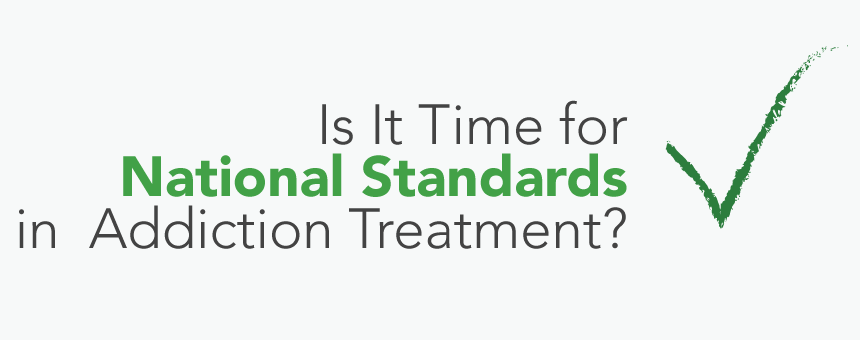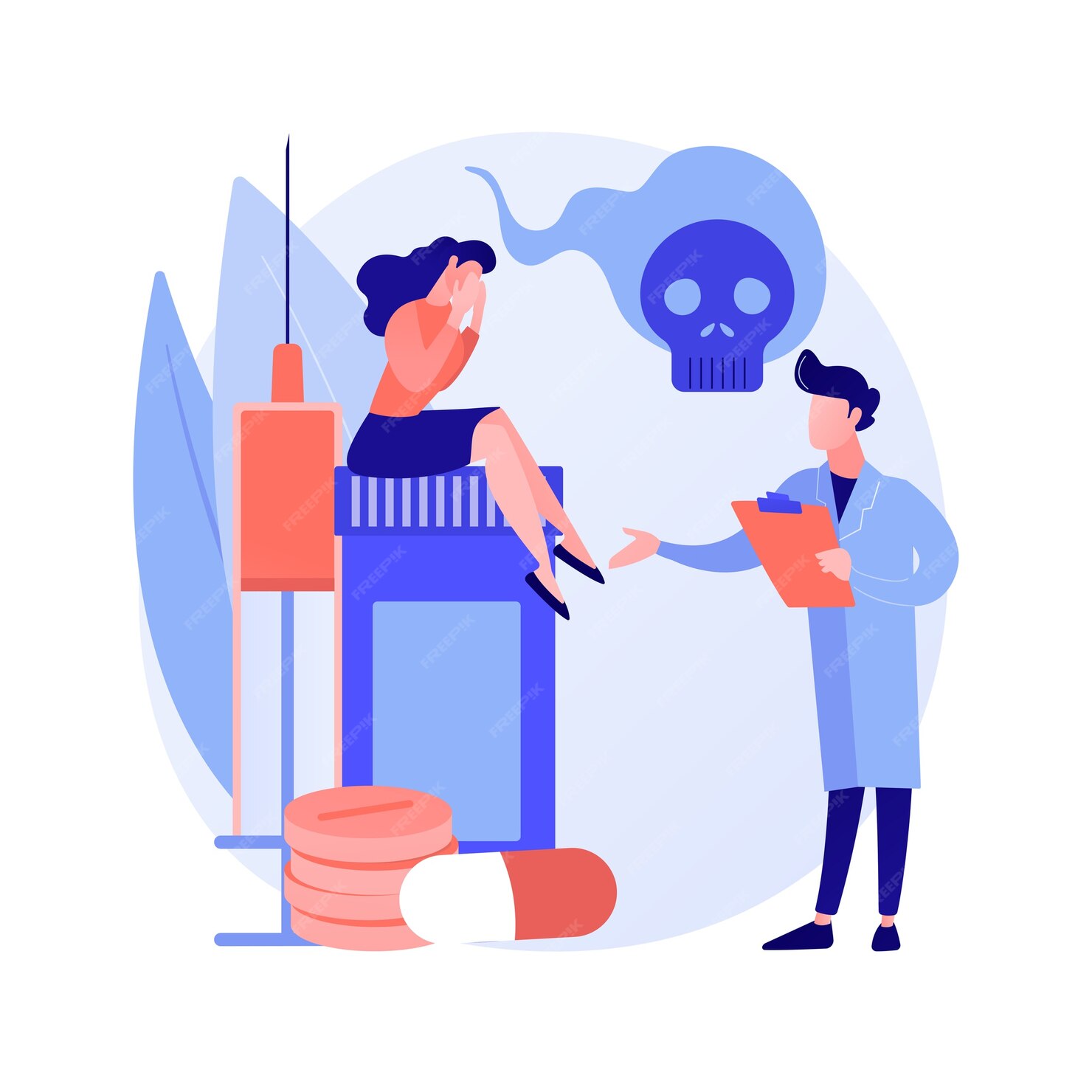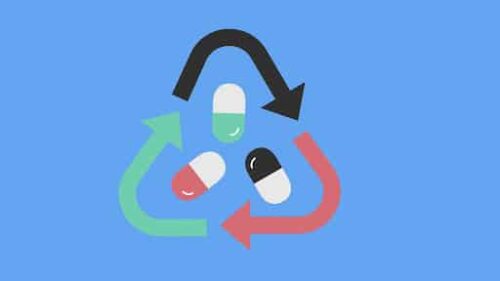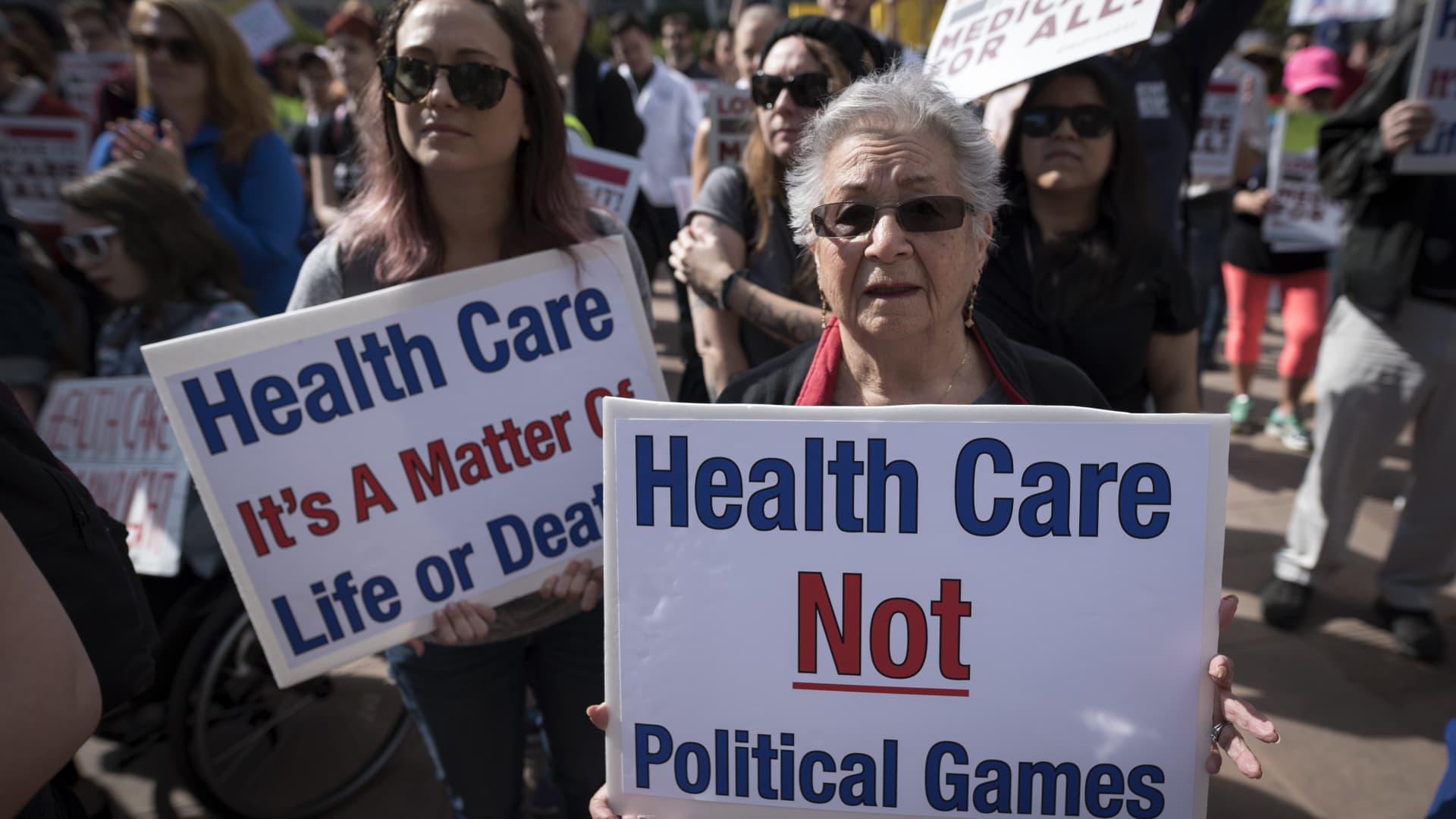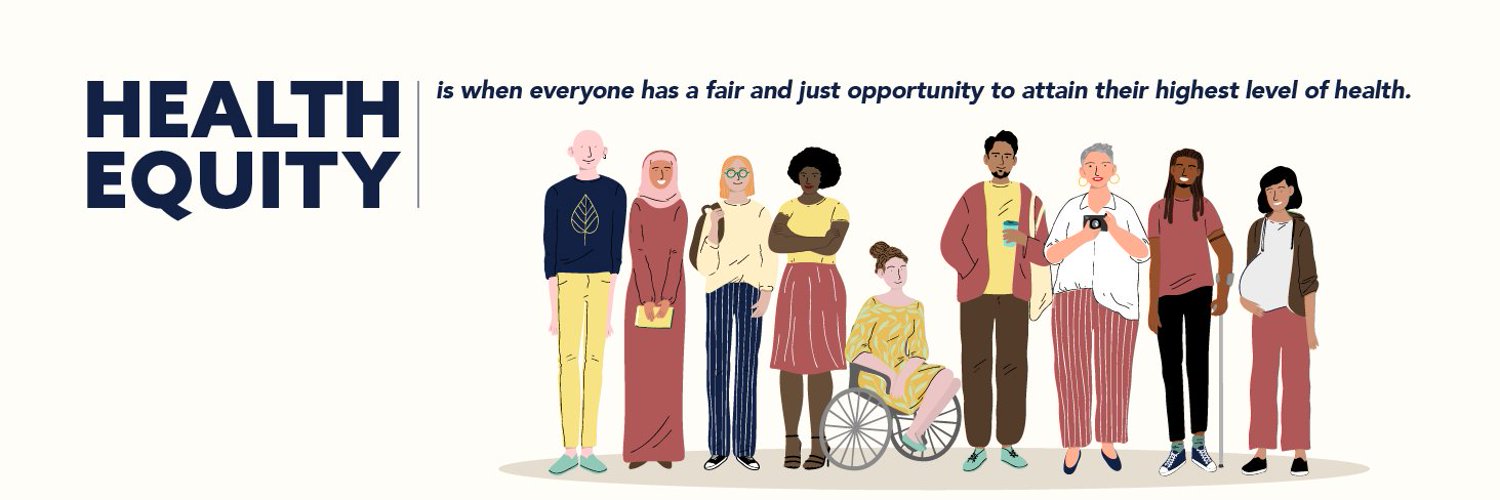Addiction Safety Standards
Patient safety in addiction treatment relies on strong standards and support systems. Government policies enforce safe practices, while individuals contribute through self-management and informed care. Families offer supervision and advocacy, and communities provide certified programs, education, and peer support. Together, these efforts create a safer, more effective path to recovery. Patient Safety Standards in Addiction … Read more
